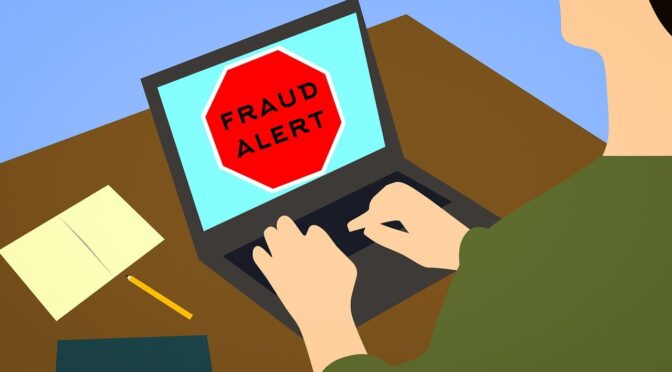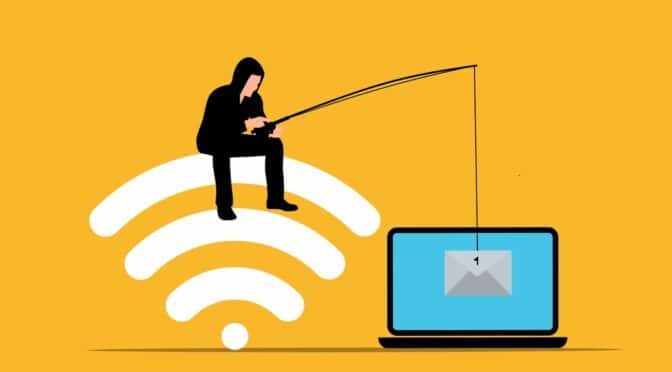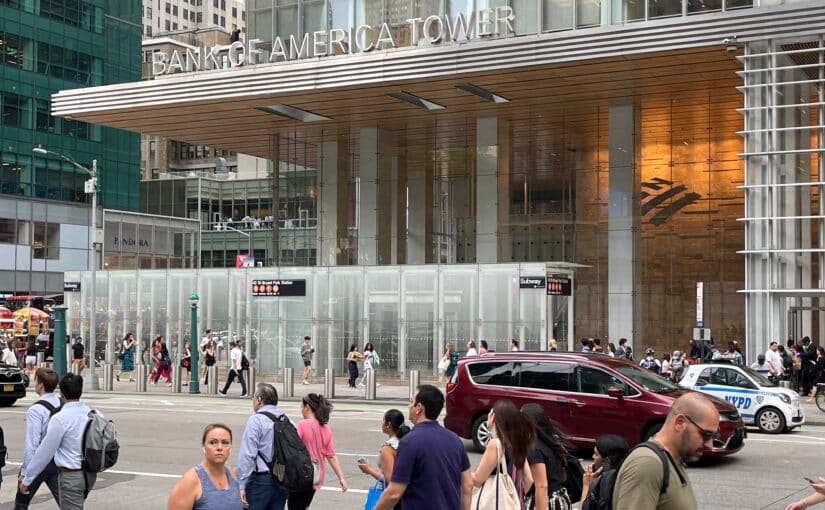People want to help. No doubt about it. But horrific incidents like the bombings at the Boston Marathon also spawn financial evildoers. They prey on our good instincts and our desire to contribute to help individuals, families and communities recover. The Federal Trade Commission (FTC) issued a scam alert to remind us to avoid the predators who make urgent appeals for money. You may get phone calls, emails or text messages. Invariably, these appeals result in donations that help only to enrich the scam artists.
Here’s the FTC’s advice:
- Donate to charities you know and trust. Be alert for charities that seem to have sprung up overnight in connection with current events, like the bombing.
- Ask if a caller is a paid fundraiser, who they work for, and what percentage of your donation goes to the charity and to the fundraiser. If you don’t get a clear answer — or if you don’t like the answer you get — consider donating to a different organization.
- Don’t give out personal or financial information — including your credit card or bank account number — unless you know the charity is reputable.
- Never send cash: you can’t be sure the organization will receive your donation, and you won’t have a record for tax purposes.
- Check out the charity with the Better Business Bureau’s (BBB) Wise Giving Alliance, Charity Watch, or GuideStar.
- Find out if the charity or fundraiser must be registered in your state by contacting the National Association of State Charity Officials.
Have you been contacted by someone asking for money? Share your experience with us.
Like us on Facebook and Follow us on Twitter.



